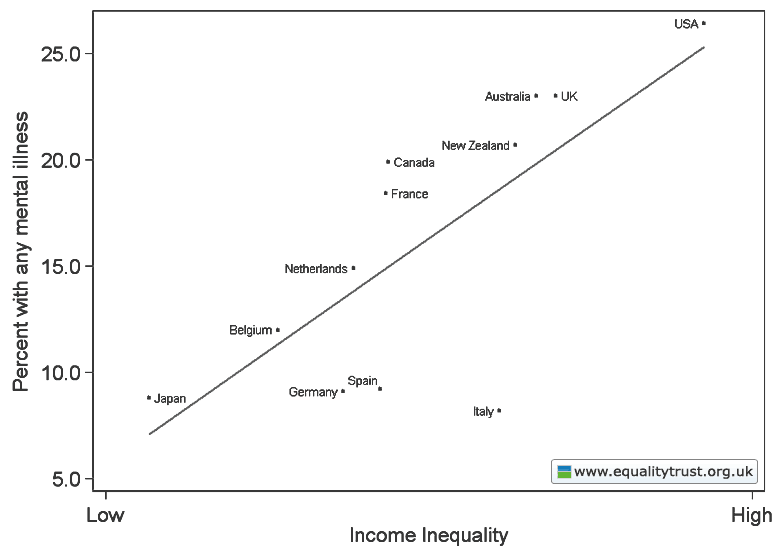Still on Trafigura, blindly trying to figure out how Carter Ruck managed to ban the Guardian from reporting a question in Parliament.
The situation should be pretty clear: libel doesn't apply to parliament, or to media reporting of parliament. Under the 1996 Defamation Act, 'A fair and accurate report of proceedings in public of a legislature anywhere in the world.' is exempt from libel claims, provided:
- The publication is not malicious
- The newspaper provides a right to reply
- The information is in the public interest
There are some theoretical loopholes there, but it's hard to see how Trafigura could squeeze through them.
More likely, there was some other grounds to prevent publication. This might involve claiming that the issue is sub judice (already being considered in court), perhaps because Trafigura is embroiled in a related court case in the Netherlands.
Trafigura have long been cracking down on anybody mentioning the Minton Report. As they wrote to Norwegian journalists:
Your questions of today do also reveal the fact that you are in possession of a draft, preliminary expert opinion produced by Minton Treharne & Davies Ltd, and that you appear to be ready to disclose information from this report. Trafigura looks very serious upon this, as disclosing any information from this report would be a clear breach of confidentiality and privilege. The report is clearly privileged and confidential and was obtained unlawfully by whoever is responsible for it coming into your possession. Please be aware that on Friday of last week, our clients sought and obtained an injunction in relation to this document and information contained in it against the Guardian newspaper and Persons Unknown, pending a further hearing. For your attention we have attached hereto a copy of the Court Order.
But that wouldn't explain why the Guardian can't even explain how they are being prevented from publishing:
The Guardian is also forbidden from telling its readers why the paper is prevented - for the first time in memory - from reporting parliament. Legal obstacles, which cannot be identified, involve proceedings, which cannot be mentioned, on behalf of a client who must remain secret.
On that, I have no idea. Anybody with ideas, or links to ideas, I'd love to hear about them.
